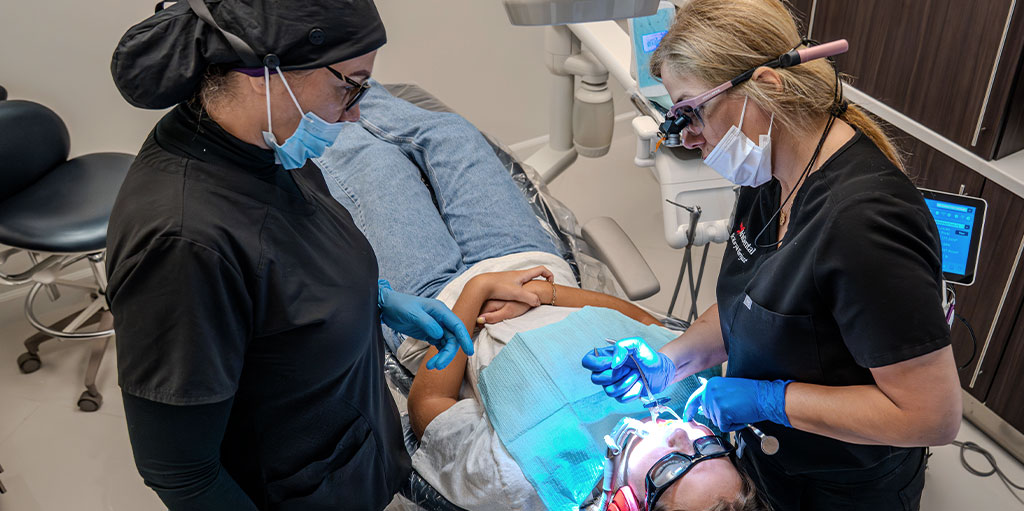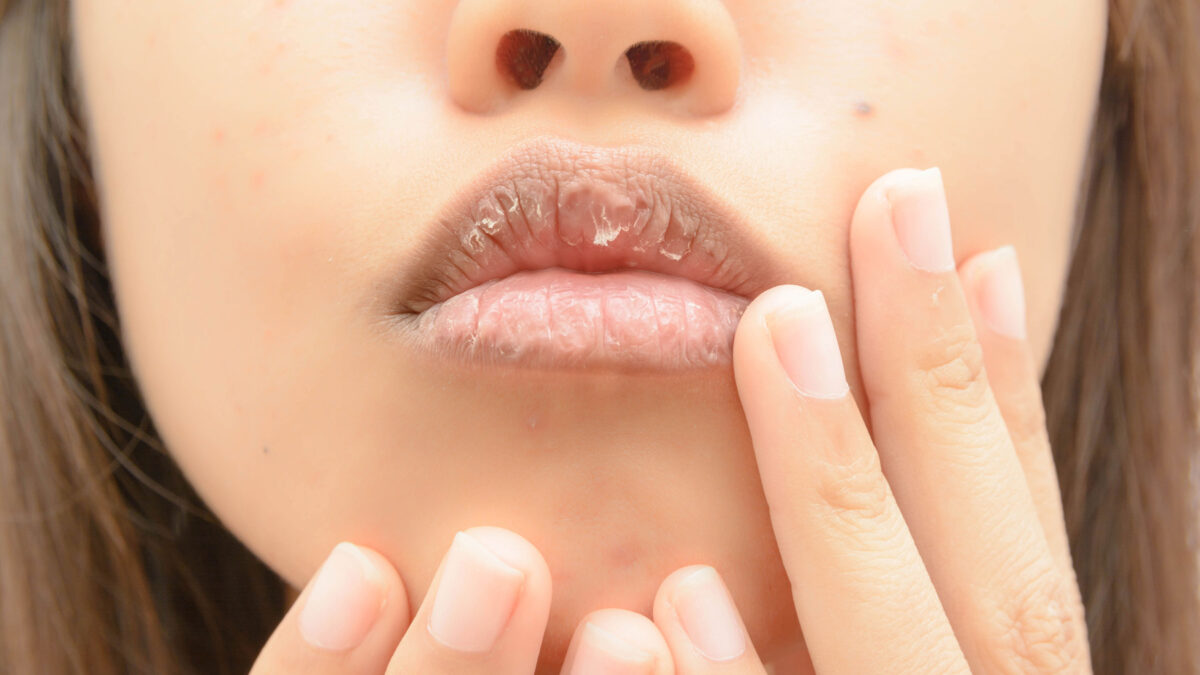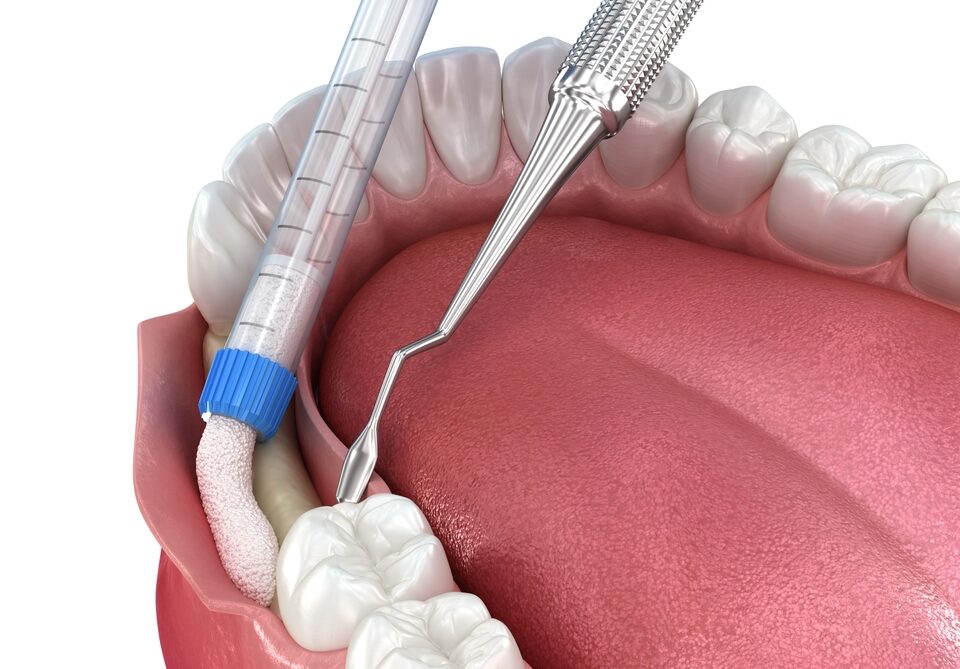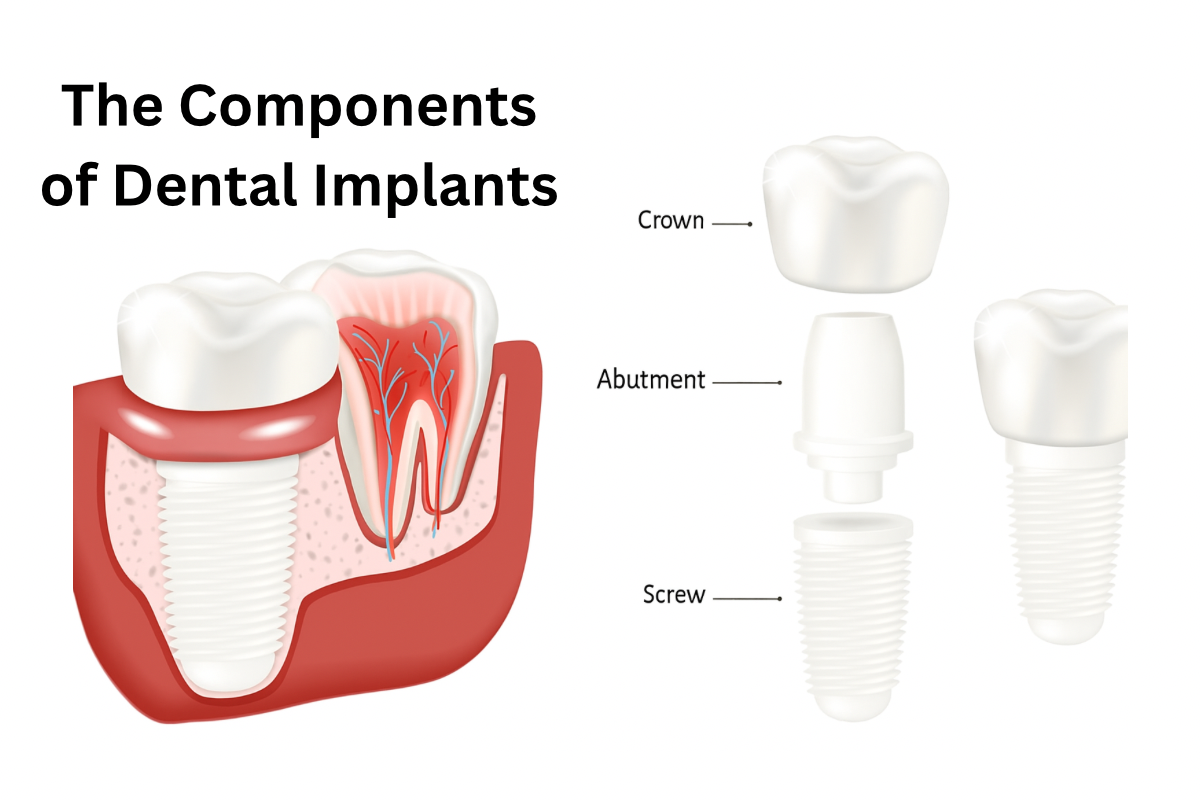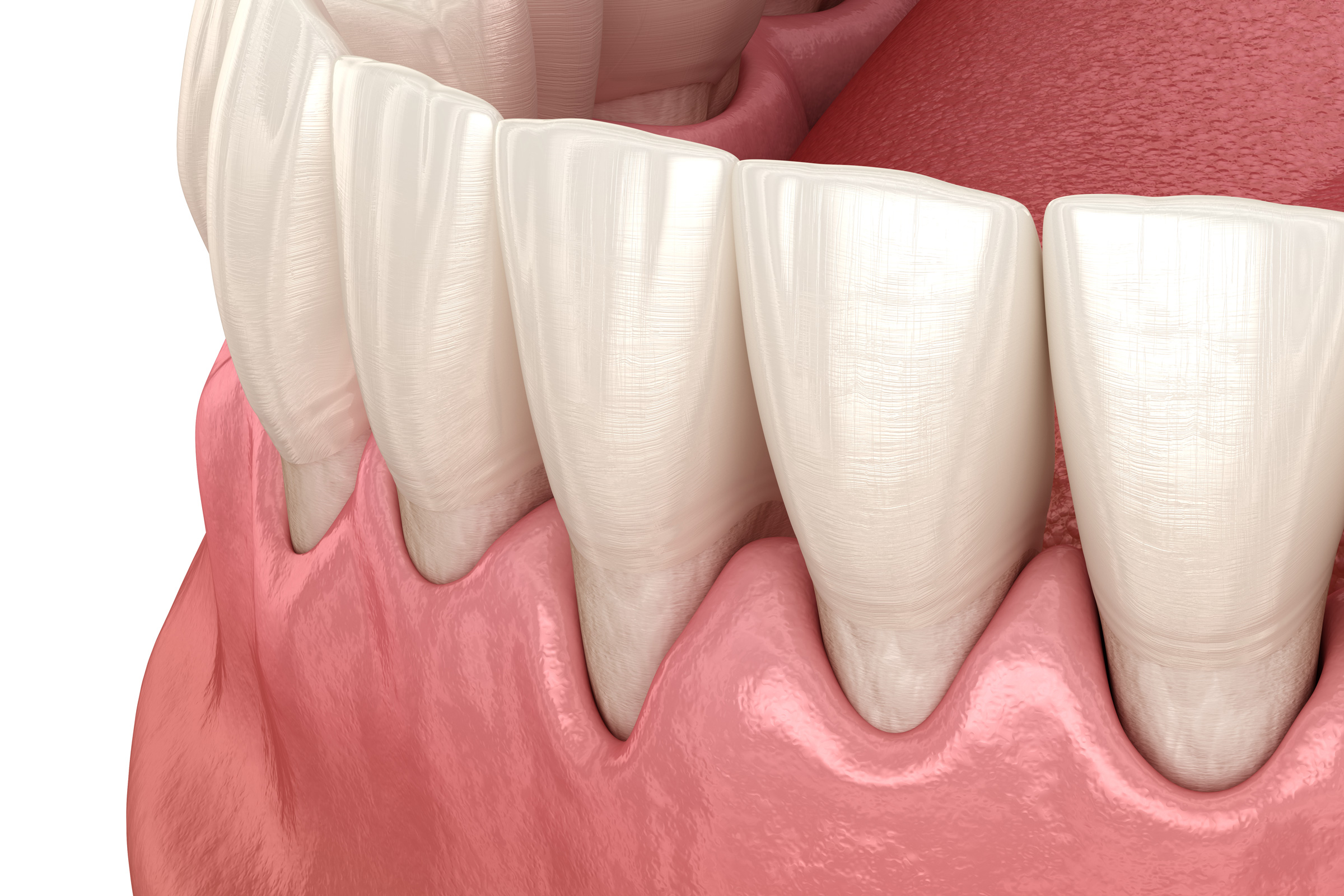
Gum Recession: When Your Gums Take Revenge On You for Aggressive Teeth Cleaning
August 14, 2022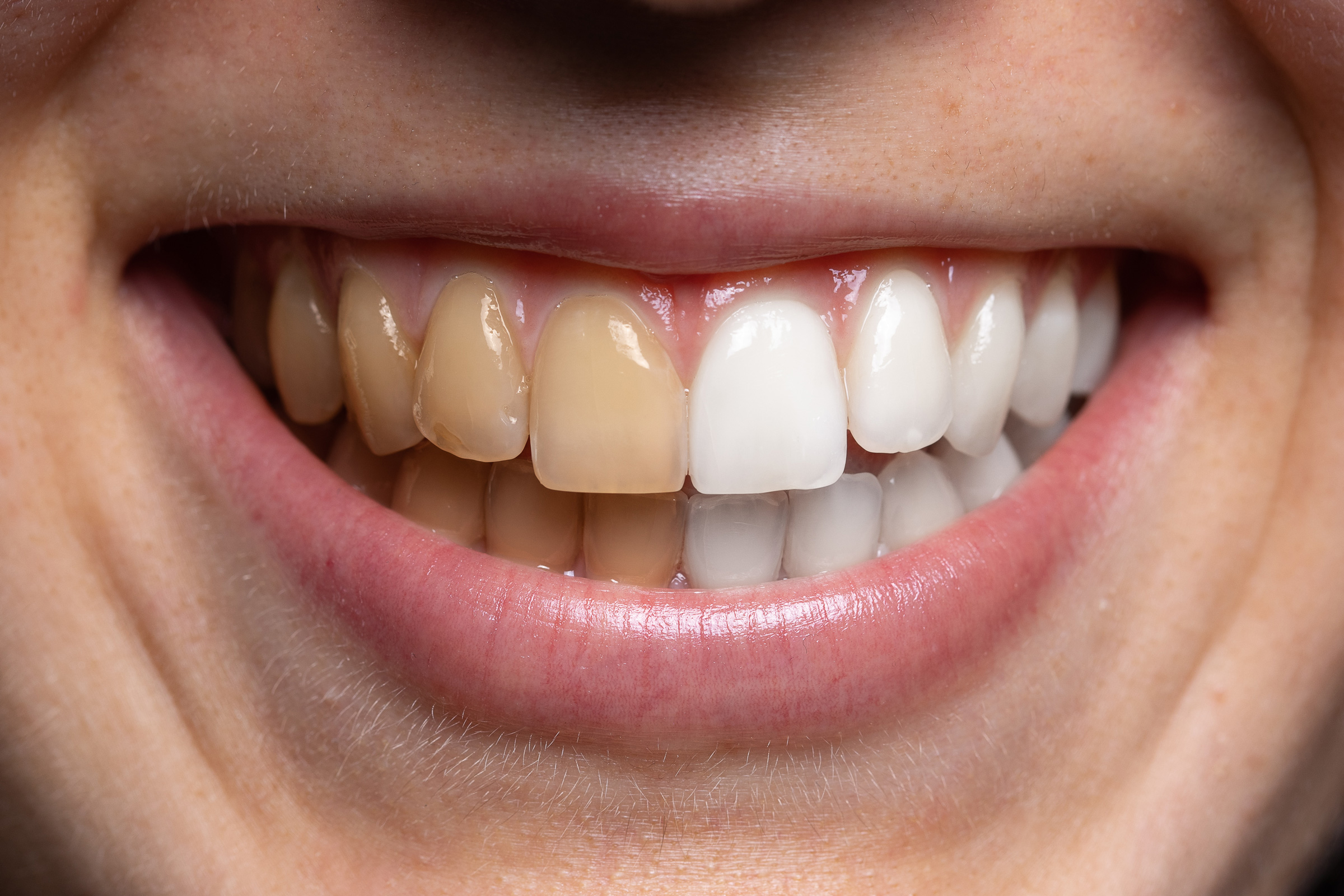
You Can Get Back Your Smile from the Teeth Stains
September 5, 2022Dry mouth happens when the salivary glands don’t produce enough saliva. A dry mouth has common symptoms including discomfort, sore throat, and difficulty swallowing. Increasing saliva production will help treat this condition.
Of course, there are other symptoms that are developed as a result of a dry mouth. These symptoms might include bad breath, difficulty eating and speaking, and tooth decay.
What Is Saliva?
Saliva is the fluid that keeps your mouth and teeth moist. There are salivary glands in your mouth responsible for maintaining the oral health and preventing oral problems such as cavities, bad breath, and speech problems.
What Are the Causes of Dry Mouth?
Dry mouth is a disorder that occurs due to insufficient saliva or the dysfunction of the salivary gland. When something makes the salivary glands produce less saliva, dry mouth happens. In other cases, it might be caused by changes in the quality of saliva, not the quantity. Certain medications, and radiation therapy can affect the quality.
- Medications: Many prescriptions and over-the-counter medicines, including antidepressants, anticholinergics, and some specific drugs for high blood pressure might cause dry mouth.
- Medical disorders: A serious health condition such as diabetes, Alzheimer’s, and stroke cause dry mouth.
- Dehydration: When your body loses too much fluid because of fever, vomiting, diarrhea, or excessive sweating, you might experience dry mouth as well.
- Nasal congestion: when you have a stuffy nose, and you breathe through your mouth, it obviously leads to a dry mouth.
Dry Mouth Treatments
You can treat a dry mouth depending on the cause. You should focus on three points when you want a dry mouth treatment. First, preventing tooth decay, then diagnosing other possible conditions, and finally stimulating the flow of saliva. every treatment should involve reviewing your medical history for planning the proper procedure for your need.
Dry Mouth Prevention
You can’t control all causes of a dry mouth. But you can stop some of them! Drinking enough water, using a humidifier in your bedroom, and breathing through your nose are great help for preventing dry mouth. Avoiding caffeine, tobacco, and alcohol help too.
If dry mouth is caused by a damage to the salivary gland as a result of such severe disorders as Sjogren’s syndrome, diabetes, or cancer, your treatment will focus on increasing the flow of saliva.
Healthy Lifestyle and Home Remedies
Your lifestyle and diet have a significant impact on your dry mouth. Here are a few things you can do to prevent this condition:
Stay hydrated
Drinking water is the most crucial factor in relieving your dry mouth. According to studies, increasing the daily water intake can treat dehydration.

Avoid certain medications
Specific medications such as antihistamines, antihypertensives, and bronchodilators are the main cause of dry mouth 90% of the times. You should steer clear of these medications, if at all possible to reduce your mouth dryness. Don’t forget to sip water before taking your medicines, However, you shouldn’t just stop taking your prescription medicines just because it is causing your dry mouth. There are also drugs that help with treating dry mouth by restoring the damaged salivary glands.
Care for your hygiene
Proper oral hygiene helps you treat your dry mouth. if you clean your teeth regularly, it helps to encourage the formation of saliva to protect you from oral diseases. Tooth decay and cavities are more common when you have a dry mouth.
Limit caffeine and alcohol consumption
Caffeinated beverages and alcohol can cause dehydration and dry mouth.
Stop smoking
Though not being an associated risk factor, tobacco can contribute to dry mouth based on some studies.
Avoid sugar
Cutting down on sugary foods and drinks help to reduce dry mouth symptoms.
Try stimulating saliva flow
There are artificial saliva products available over-the-counter to help with the formation of more saliva. Saliva production can also be encouraged by chewing gums and swallowing water or other hydrating fluids.
Use humidifiers
Humidification can improve your dry mouth symptoms by adding moisture to your surroundings. Cool-mist humidifiers will reduce your discomfort, as suggested by studies.
Take herbal remedies
There are certain herbs that could be helpful for temporary relief when you have a dry mouth. Aloe Vera, ginger, hollyhock root, marshmallow root, nopal cactus, spilanthes, and sweet pepper can help relieve dry mouth, as they encourage salivation.
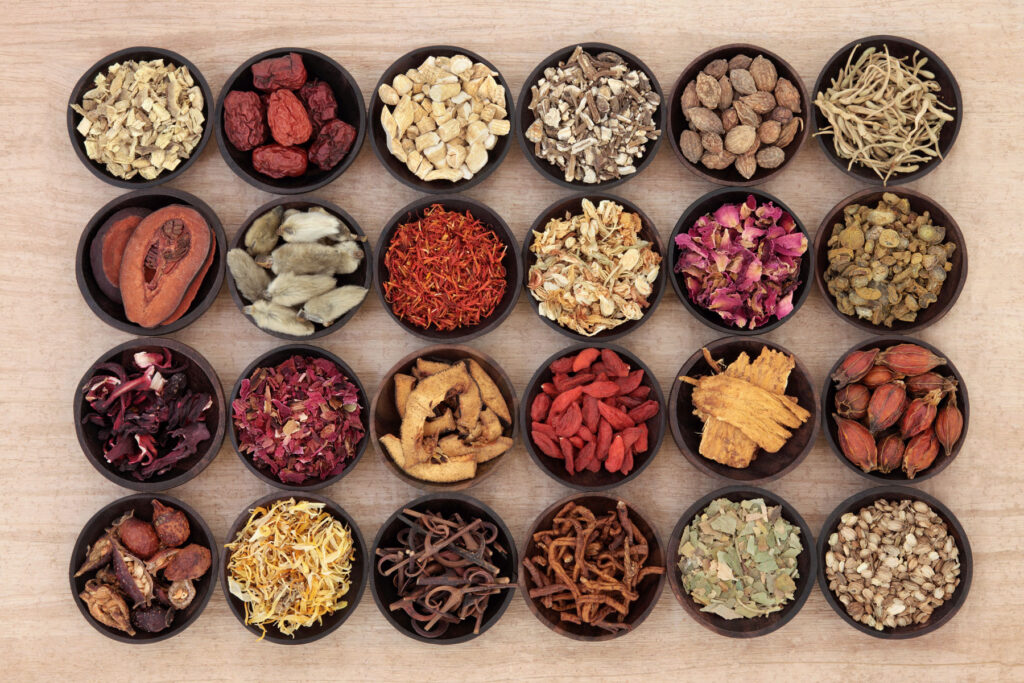
Dry Mouth Lozenges
Sucking on lozenges will help with a dry mouth through stimulating saliva production. There are sugar-free lozenges for treating this condition as well. Xylitol is one of the ingredients that stimulates salivary flow; it reduces bacteria that may encourage a dry mouth, and minimizes the risk of tooth decay. Sucking on these lozenges also encourages your chewing muscles to facilitate saliva flow.
Dry Mouth and Covid
There are cases of dry mouth that have been reported to be related to COVID-19. As an acute respiratory syndrome, COVID-19 can be associated with various oral complications, and dental cavities are the potential entry points for SARS-CoV-2. Salivary glands are considered one of the SARS-CoV-2 targets. Early diagnosis can help with the successful treatment of Covid dry mouth.
Dry Mouth and Anxiety
Anxiety is known to cause a dry mouth. You can take an anxiety symptoms test to find out how severe your anxiety is and look for a proper method to treat it. Here is how anxiety can cause dry mouth:
- Anxiety can trigger a fight-or-flight response, so the body moves fluids to the areas it feels will need them more.
- People with anxiety have a higher tendency to breathe through their mouths. Mouth breathing is more common in people with severe anxiety. It will dry out your tongue and affect saliva production.
- People with severe anxiety may experience acid reflux, which may cause dry mouth by affecting the salivary glands and decreasing saliva. A dry mouth developed due to acid reflux may give you a sticky feeling and a bad taste.
- Medications taken for anxiety (anti-anxiety drugs) such as Xanax, Valium, and Lorazepam are known to cause dry mouth.
- People with anxiety experience real physical symptoms such as headaches, nausea, fatigue, and of course, dry mouth.
You can contact us at Aria Dental if you need more information about this condition. Our staff is ready to offer you effective solutions.







